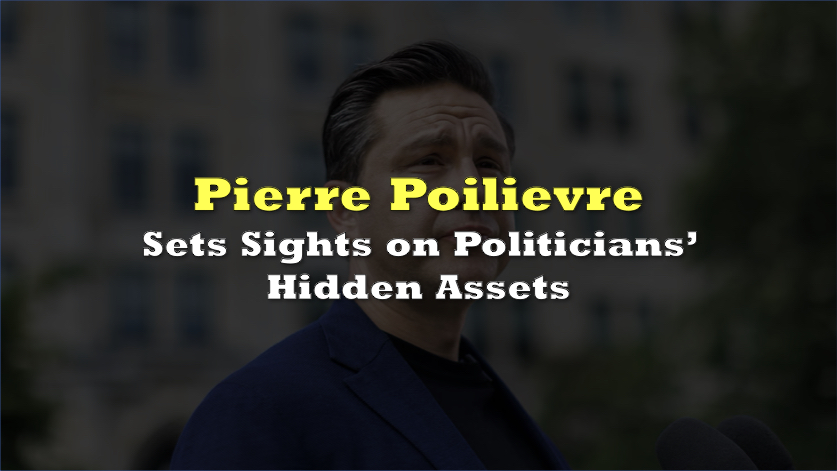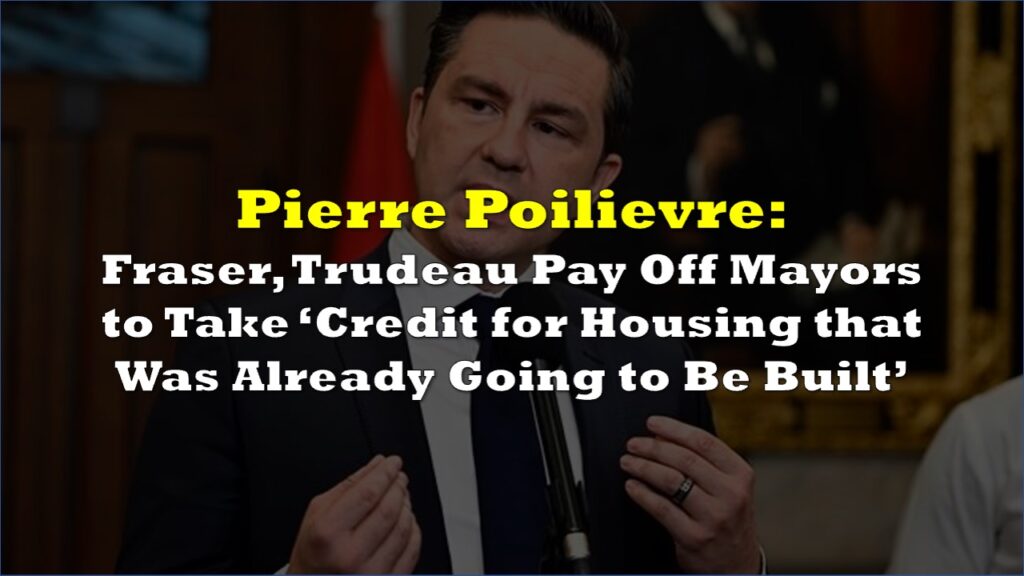Shortly before he was voted to lead the Canadian Conservative Party, Pierre Poilievre made headlines because he said he wanted politicians to speak more plainly and take out the “bureaucratese,” saying that it was it allowed governments to “do nothing but add and add and add paperwork and forms and endless red tape.”
The Act, which Poilievre says would be based on the United States’s Plain Writing Act and New Zealand’s plain language bill, would require politicians to cut the government jargon, including in legislative documents that he says are unnecessarily complicated due to the overly technical language, creating hurdles for businesses who have to read and understand them.
He has long been a proponent of plain language, having complained in 2009 about how few people on Parliament Hill wrote and spoke in a way that regular Canadians could easily understand.
“It is not their responsibility to decipher [the] excessively verbose language,” he said.
His current push for it does not yet include a jargon-free explanation of how the bill would work and what it would cover but some have expressed concerns over the sweeping pronouncements from the Conservative Party leader.
In September, when he first talked about the proposed law, observers accused Poilievre of populist posturing, with the leader being so intent on distancing himself from what he calls the “elites in Ottawa.”
Others have pointed out the focus on “dumbing down” rather than educating citizens. While some have mocked the Conservative Party leader for “gatekeeping” after his recent comments about Prime Minister Justin Trudeau’s government’s alleged gatekeeping.
And then there are some who bring attention to the federal government’s already existing Directive on the Management of Communications which provides guidelines on how the government should write their communications in a way that‘s clear and easily understood.
But whether the Plain Language Law is necessary will ultimately depend on what it would entail and what it intends to change.
Plain language has its benefits but Gary Libben, a psycholinguist and linguistics professor at Brock University, told CBC News that jargon can also be a good thing.
“When we make up new words, that’s when we’re at our best and that’s when our languages are the most healthy,” Libben said, adding that jargon can be useful to communicate complex ideas in a specific way, particularly in some communities and profession like the legal or the medical fields.
A balance — or an understanding of when to use plain language and to shift to more technical verbiage — could be the way to go.
Information for this briefing was found via CBC News, the National Post, The Winnipeg Free Press, and the sources and companies mentioned. The author has no securities or affiliations related to this organization. Not a recommendation to buy or sell. Always do additional research and consult a professional before purchasing a security. The author holds no licenses.










4 Responses
Yeah I’d say it’s needed. Good Glad to see he will be addressing the issue.
🇨🇦Pierre Poilievre 🇨🇦
If it is a difficult subject get a lawyer. This is a bunch of crap and adds just another level of government. Now they will have one more paper to consult. little pierre LOVES big government.
What do you mean “addressing”? Is he sending big words a letter?
Why they always havfta be usin’ all them big school words? Gubmint should hafta just use normal people words, so’s that we understand what they’re talkin’ about.
https://youtu.be/UUN8XlS8fdI